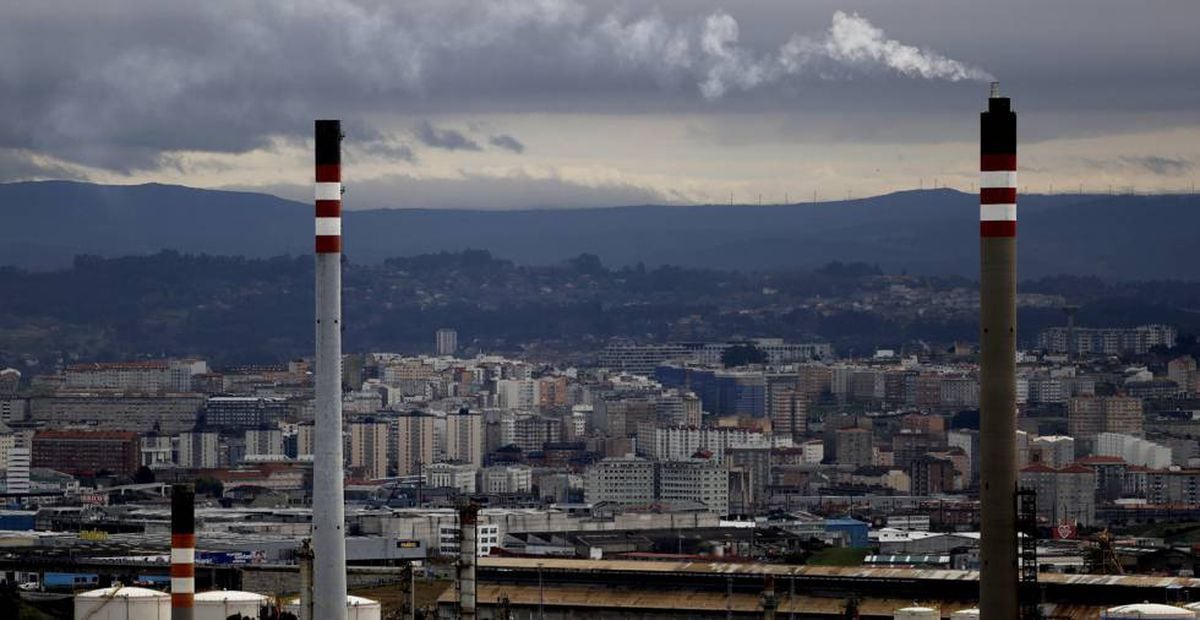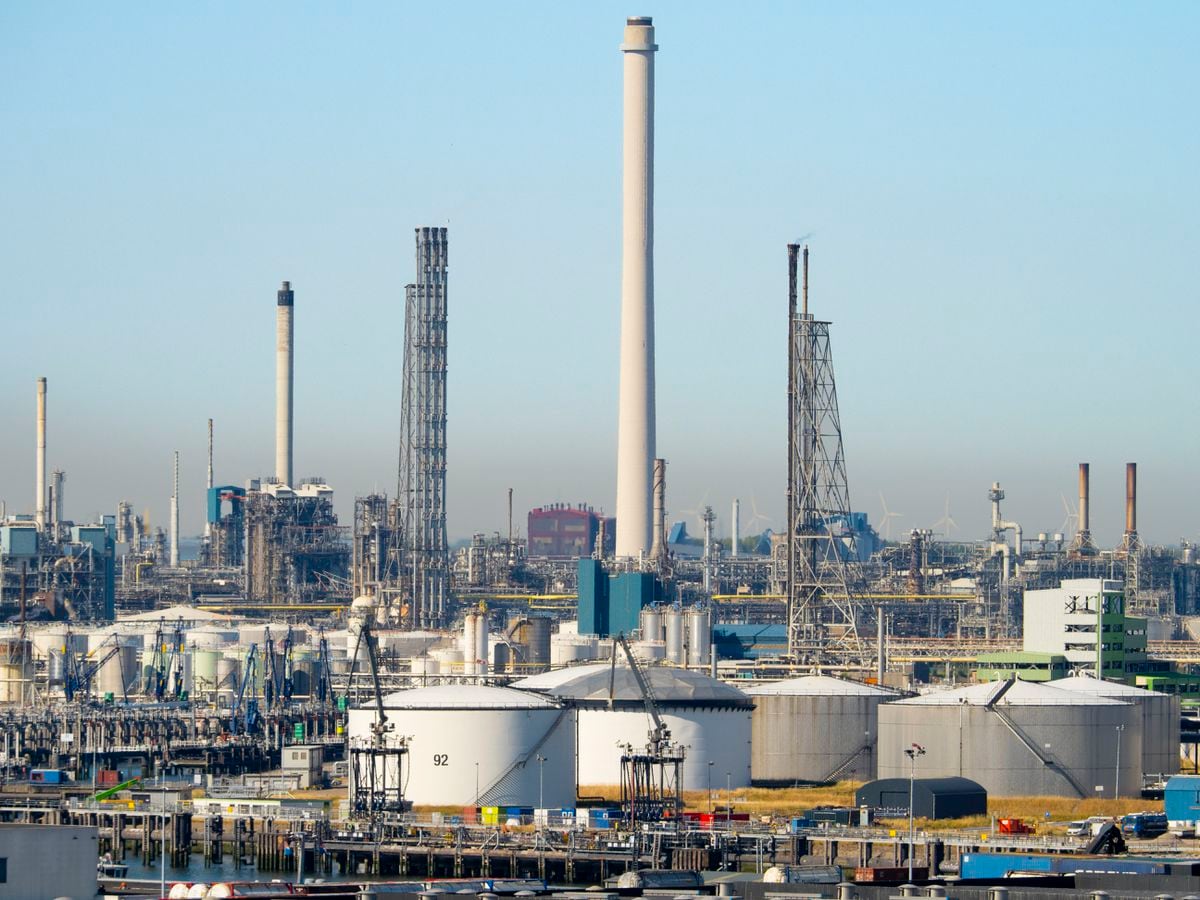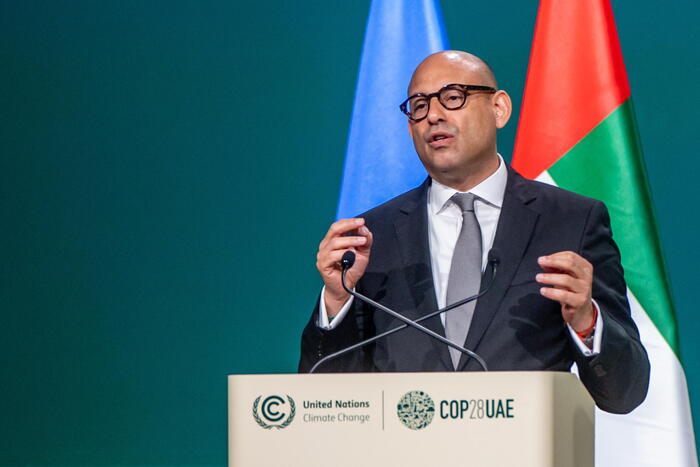Enlarge image
Angela Merkel's last UN climate conference as Chancellor
Photo: Guido Bergmann / dpa
It is not easy for the German delegation in Glasgow.
A few weeks after the election and just a few weeks before the formation of a government, the German climate diplomats are hanging between tree and bark.
Because the team from the Federal Environment Ministry is negotiating the implementation of the Paris World Climate Agreement in Glasgow and has the mandate of the current government under the leadership of the Union. But the delegation in Glasgow consists mainly of Social Democrats: Svenja Schulze, Federal Environment Minister, and her State Secretary Jochen Flasbarth are both in the SPD. They have to adhere to instructions that should be history in a few weeks, when the Union sits on the opposition bench - and its own party is allowed to provide the chancellor.
This constellation is unfavorable.
Especially when important decisions have to be made.
Now there is the first hanging game: at the end of the first week of the summit, 25 countries and several banks announced that they would end the financing of fossil fuels by the end of 2022 and instead invest in green energies.
A far-reaching decision that means that no more loans or subsidies may be granted to coal, oil or gas projects.
Germany had not joined this alliance.
A real faux pas.
Because even large countries like the USA, Canada and Great Britain are taking part.
Greens demand immediate accession
Environment State Secretary Flasbarth tried to downplay the decision: The executive federal government is still examining it, he explained in the daily press briefing at the conference. You still have to "clarify questions". In contrast to the USA and Canada - both large gas and oil producing countries - Germany has concerns about completely cutting the funds for gas projects. According to Flasbarth, "the vast majority of these are investments in improving the efficiency of existing gas infrastructures." And they are good for the climate.
What it's actually about: The German development bank KfW is planning a whole series of gas development projects.
According to insiders, there is great unrest at the bank because many projects would be on the brink of joining the alliance.
At the G20 summit, Chancellor Merkel once again pointed out that gas is an important bridging technology.
The Federal Ministry of Economics therefore has reservations.
According to a source, this is mainly due to the head of energy policy Stephanie von Ahlefeldt.
She is considered a critic of the expansion of renewable energies.
The Federal Ministry of Economics did not want to comment on the process.
A ministry spokesman said it was still in the process of departmental coordination.
How long this will take is unclear.
According to Flasbarth, they also want to inform the traffic light negotiating partners of the Greens and the FDP as soon as the executive federal government has clarified all open questions.
At least the Greens already have a clear position: "We are in favor of joining the alliance," Green parliamentary deputy Oliver Krischer told SPIEGEL.
"That makes sense and I am amazed that Germany has not signed for a long time." The Green politician is also involved in the coalition negotiations, which are currently becoming more complicated on the climate issue.
Germans struggle with gas
Observers find it problematic that KfW, like other banks, does not feel bound by the 1.5 degree target of the Paris Agreement.
The model for this is, for example, the European Investment Bank, which announced its withdrawal from lending for fossil fuels two years ago.
At that time, the federal government also tried to slow down the deal.
In the end, they only agreed after a transition period of two years for natural gas was negotiated into the original draft.
"For some countries like South Africa it might make sense to buy gas turbines if it helps to get away from coal faster," explained Christoph Bals from Germanwatch.
"However, that should not mean that we continue to expand the gas infrastructure such as pipelines."
When it comes to finance, the German negotiating team in Glasgow does not have an easy time of it either.
The German delegation negotiated a timetable for climate aid for poor countries.
Last week, however, the states affected were anything but happy that the industrialized countries will only keep the promise made over ten years ago to pay 100 billion in aid from 2023 onwards.
"It's too little and too late," Sonam Phuntsho Wangdi from Bhutan criticized the German timetable.
Now these countries are demanding an obligation that the industrialized countries offset the money retrospectively.
Federal Environment Minister Schulze is also arriving later than expected.
She should be in Glasgow on Tuesday to negotiate the Paris Agreement rulebook and climate aid.
Now she should not arrive until the end of the week, as the German delegation confirmed to SPIEGEL.
sug















